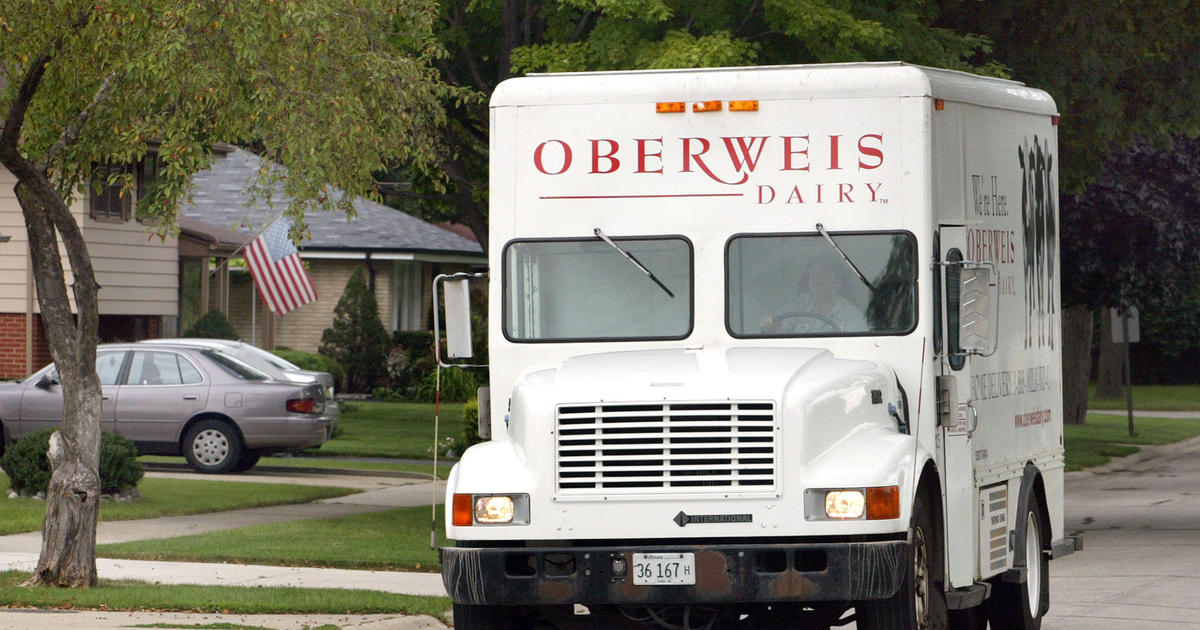Keeping It Close To Home: Local Businesses Offer High Quality Outsourcing Options
Let's first start with the definition. Outsourcing is defined as the contracting of out of business functions such as payroll, call centers, manufacturing, etc. to another company. The objective of outsourcing is to reduce costs and to improve quality. Many outsourcing companies are located in lower labor cost countries and have the facilities, people, processes and experience to deliver high quality product or services at a lower cost point.
Generally speaking, the two most populated countries in the world, China and India, receive the largest share of U.S. outsourcing contracts. The labor cost in both of these countries is very attractive, and India has the added benefit of the English language. However, there are a number of outsourcing partners in the United States who can help small businesses achieve their business goals.
In today's highly competitive business environment, outsourcing is a critical success factor. Here are four key tips to consider when choosing an outsourcing partner.
Four tips for selecting an outsourcing partner:
- Quality - When selecting an outsourcing partner, you will need to agree on minimum levels of quality. Product and/or service quality can be defined as defects per order, or defects per thousand units, time to answer a call, etc. The important point is to clearly define what an acceptable level of quality is and what is not.
- Price - Price is a major driver to outsourcing. However, you will need to make sure you fully understand the total cost of the relationship — cost of product, freight, warehousing, taxes, etc. Often the labor savings can be lost with freight charges if not properly understood.
- Delivery - Product availability is a major component of customer satisfaction. You cannot have a stock-out situation because your outsourced partner failed to deliver per the contract. Vendor managed inventory (inventory owned by the outsourced partner) located in your facility as seed-stock in case of emergency is one way to add protection.
- Competition - It is always a good idea to have more than one outsourced partner. Putting your business 100 percent in the hands of an outsourced partner can be scary. As such, you may want to consider giving 60 to 70 percent of your business to one partner and the balance to the other. This will mitigate any disruptions that can and often do occur.
This article was written by Michelle Guilbeau of Examiner.com for CBS Small Business Pulse.



